Twenty new water grids in Bangladesh
2023 was a productive year for the Max Tapwater project in Bangladesh. The number of water grids has doubled, bringing many more advantages than just clean water from the tap.
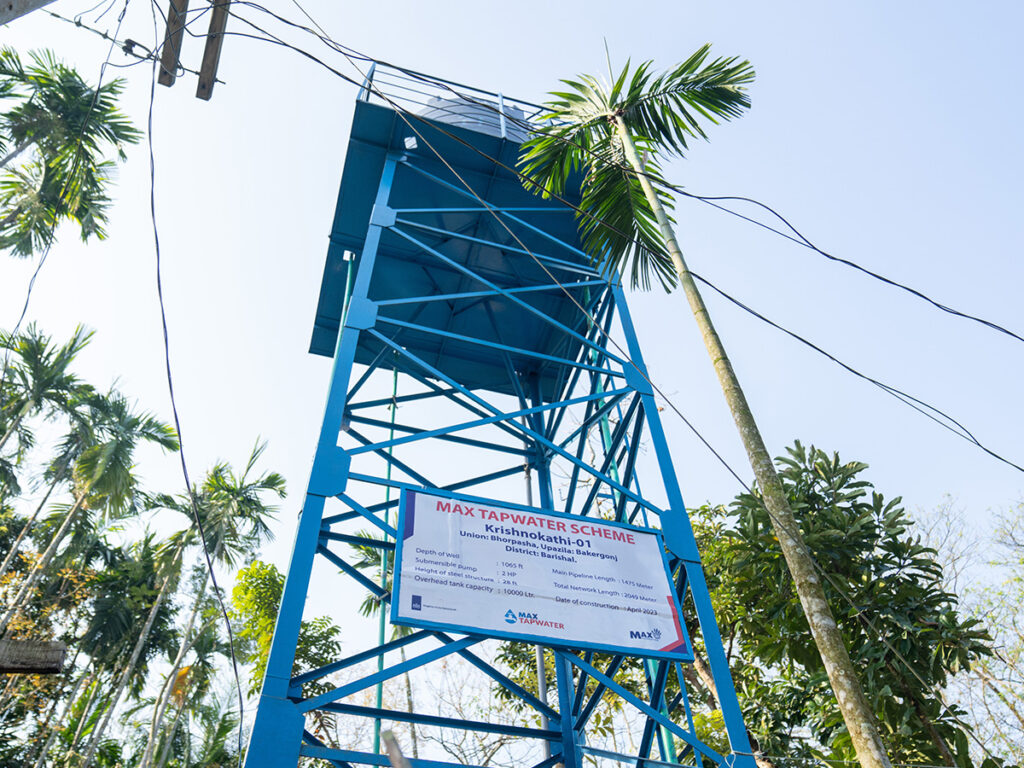
Water grids
By installing and maintaining mini water grids many families gain access to clean running water in their homes. The techniques used for this are relatively affordable and simple.
These grids can last up to fifteen years, and even longer with proper maintenance. These networks provide jobs and income, which almost certainly guarantees the required maintenance.
40 grids have been built to date, 20 of which were built in the past calendar year. 2,100 additional households and companies have been connected to running clean water in 2023. Eight thousand people now have direct access to clean water at home via a tap.
3,885 hours of labour saved
We often say it: It’s not only water that flows from a tap. It also provides time. The figures for this project emphasise this once again. Thanks to the 40 grids that have been installed, the many residents of this area jointly save 3,885 hours per day that were previously spent on providing clean water for themselves and their families. Girls and women can now spend this time going to school, caring for family and generating income – a snowball effect with purely positive consequences.
At the same time, the grids also create more work – in the best possible way! Each grid has an administrator responsible for connections, maintenance and income. To date, the grids have created 58 new jobs, providing both long-term access to running water for the community and economic independence for these operators. A beautiful circular effect that we are very proud of.
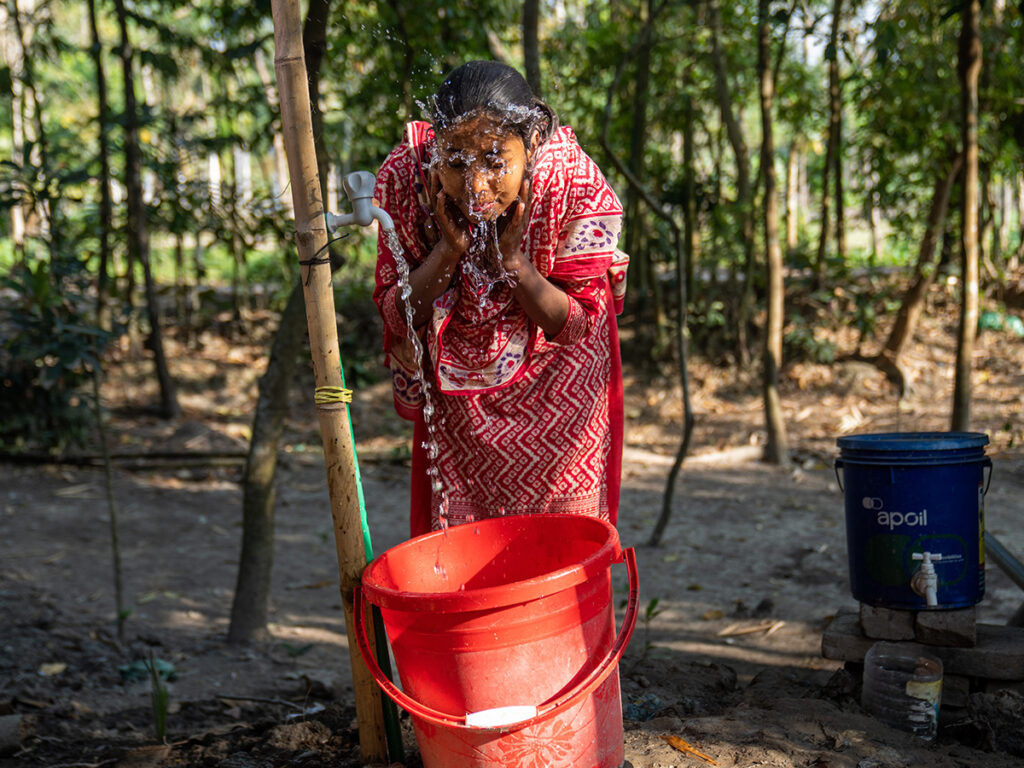
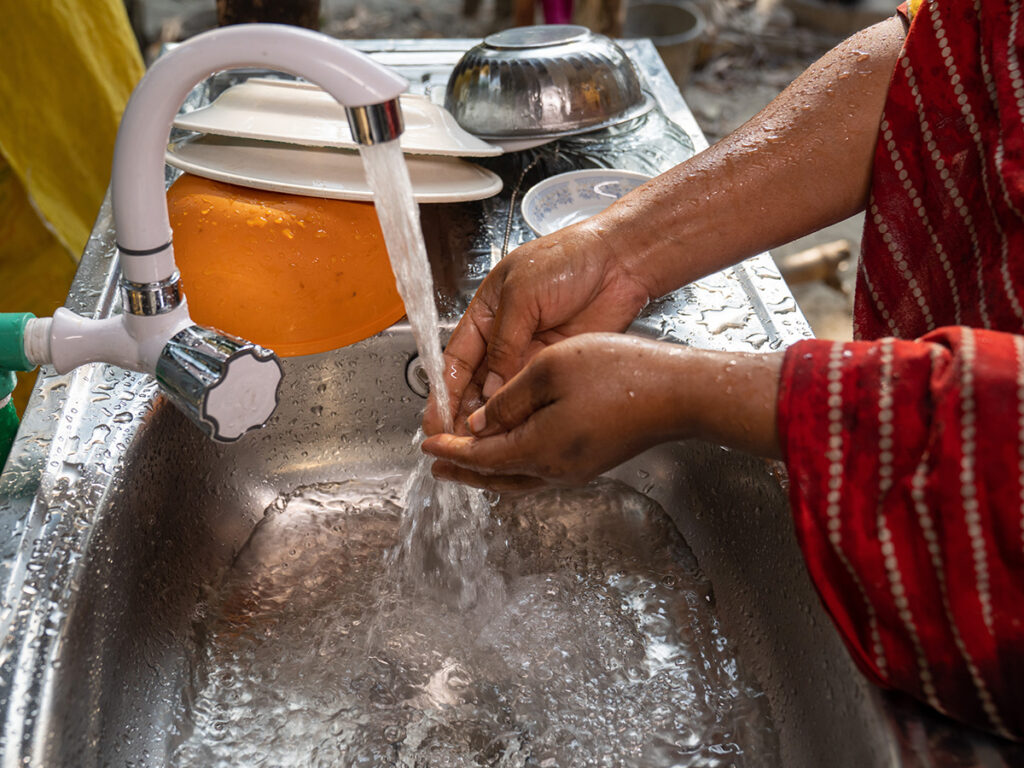
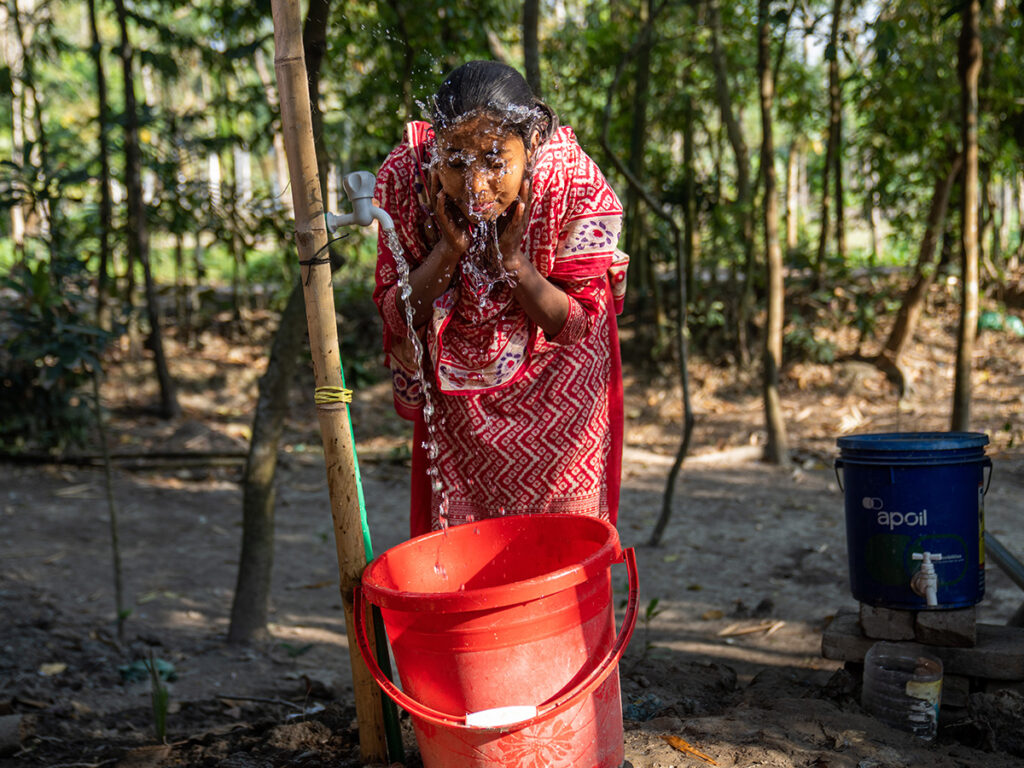
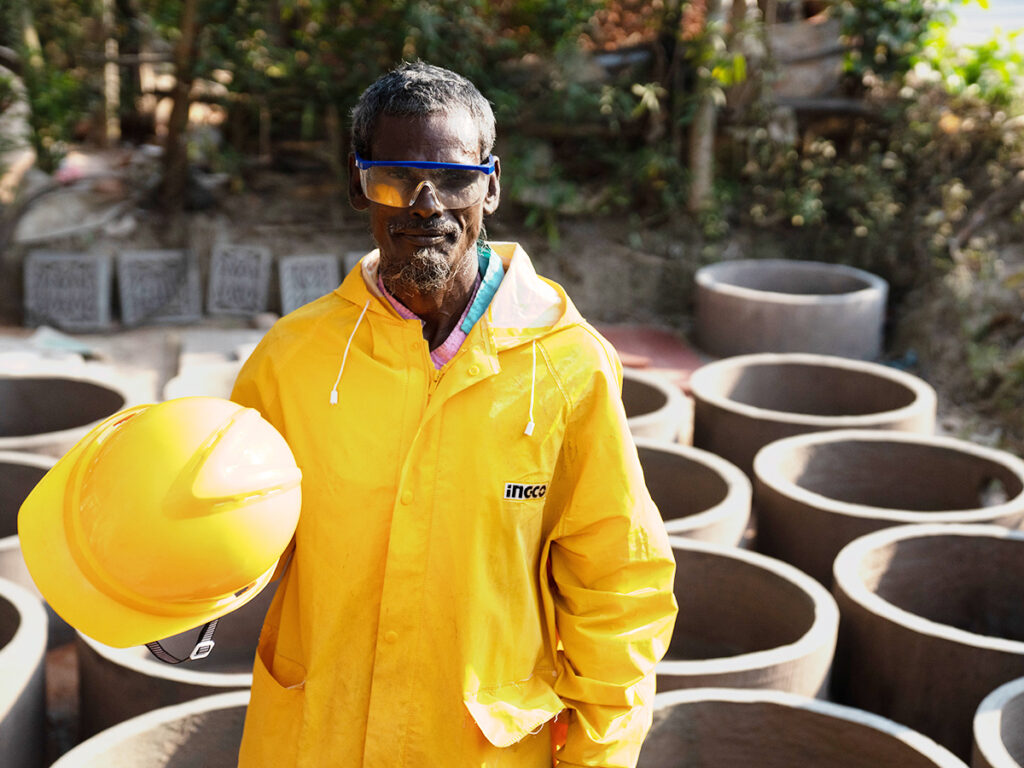
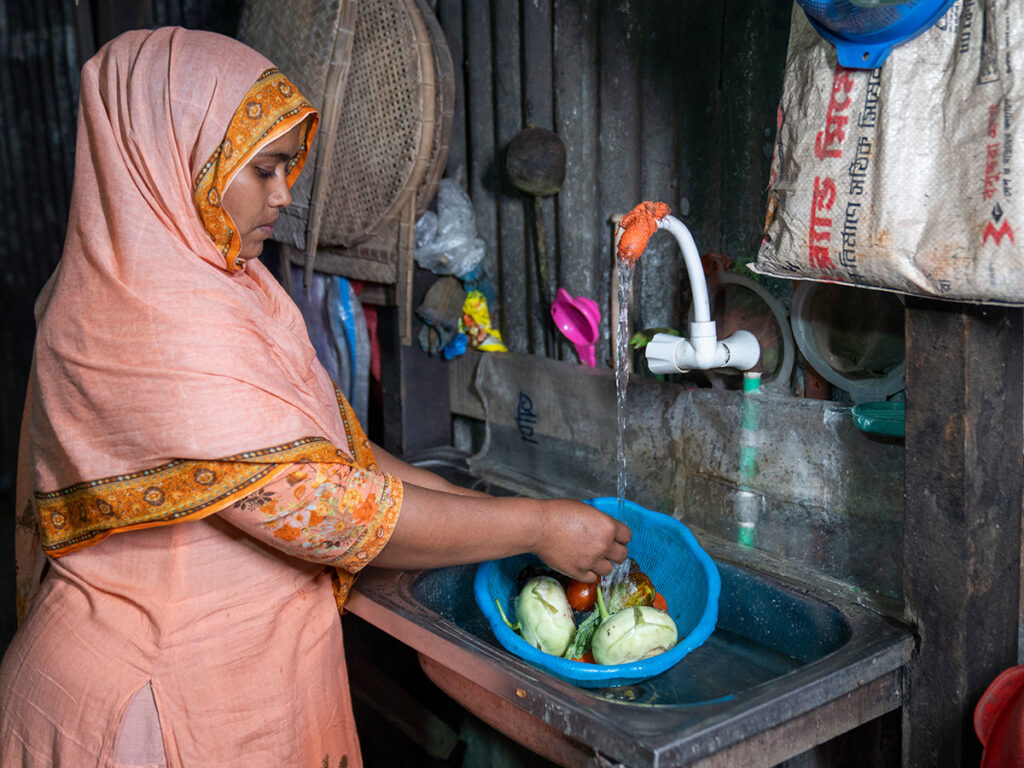
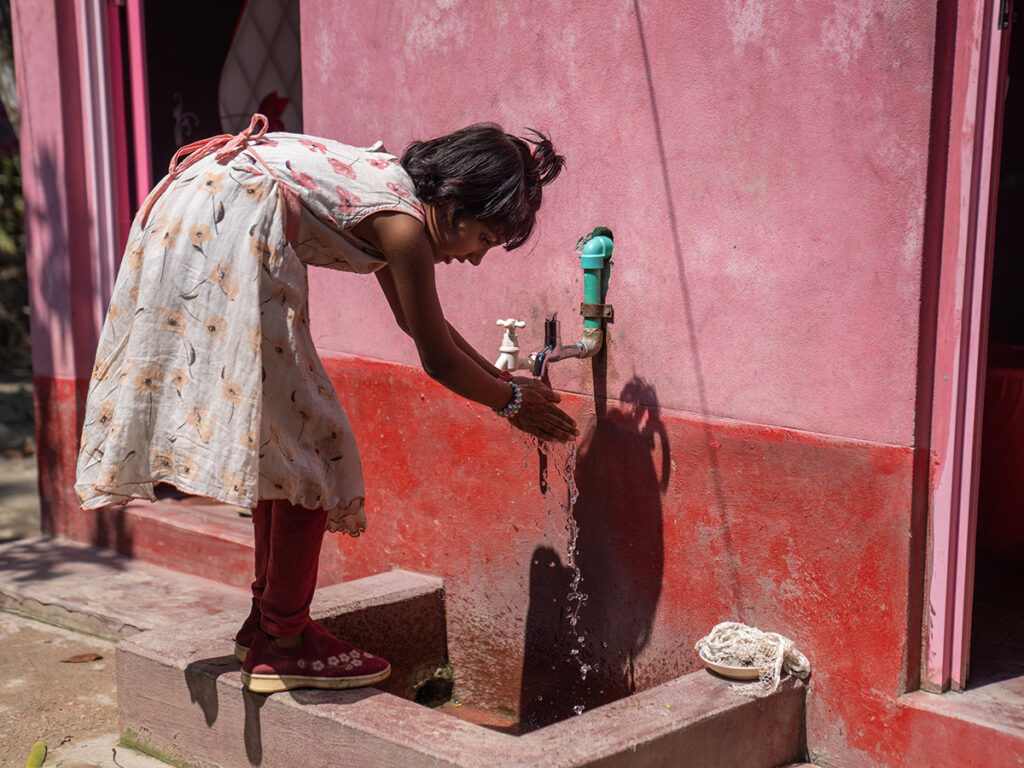
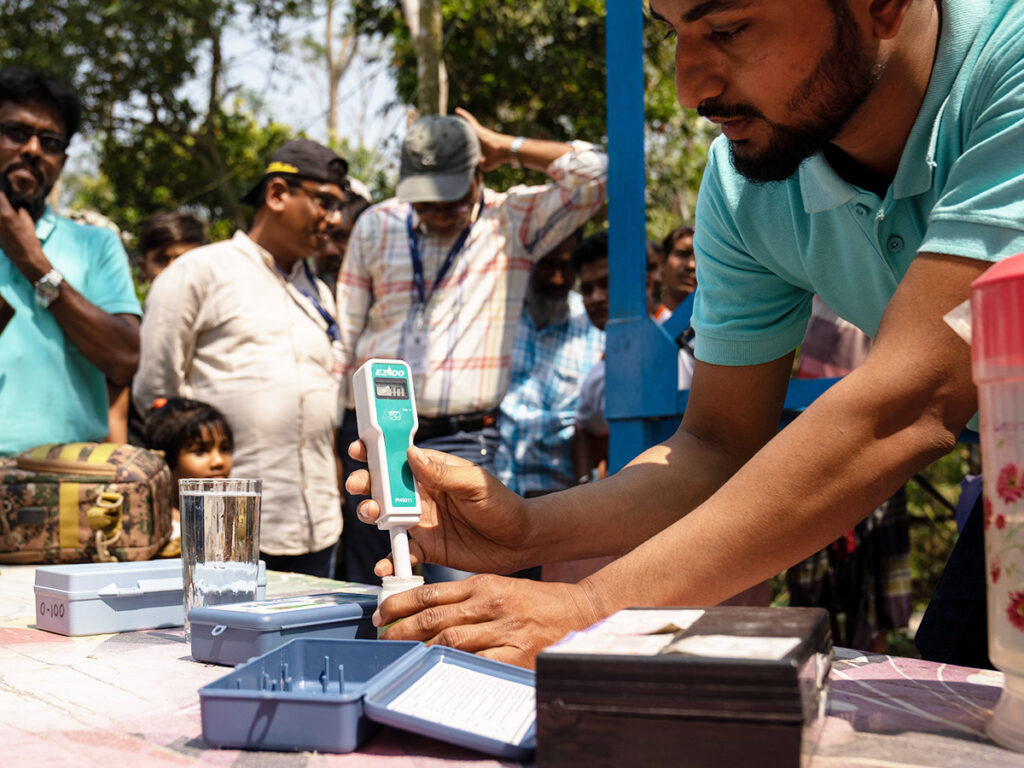
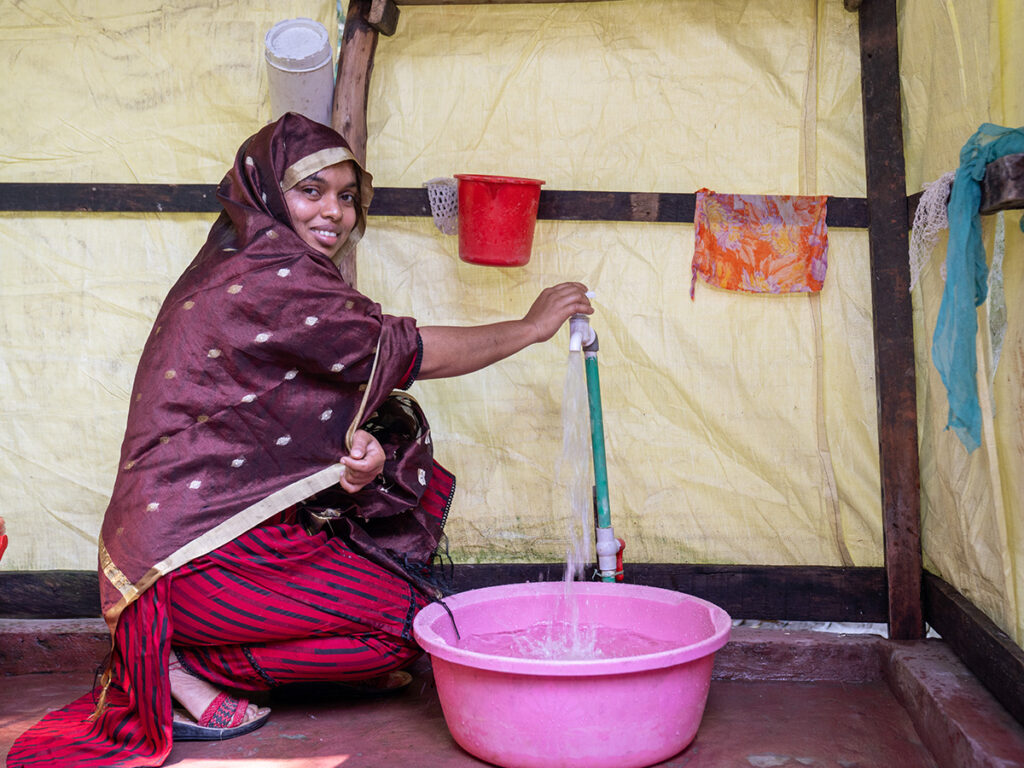
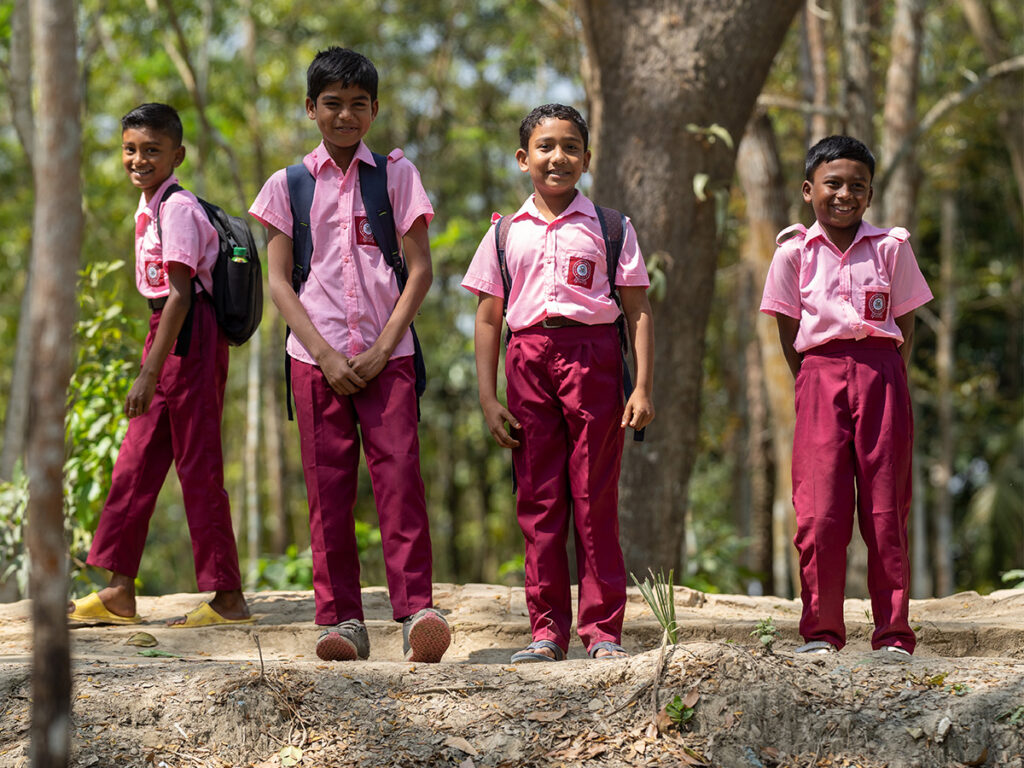
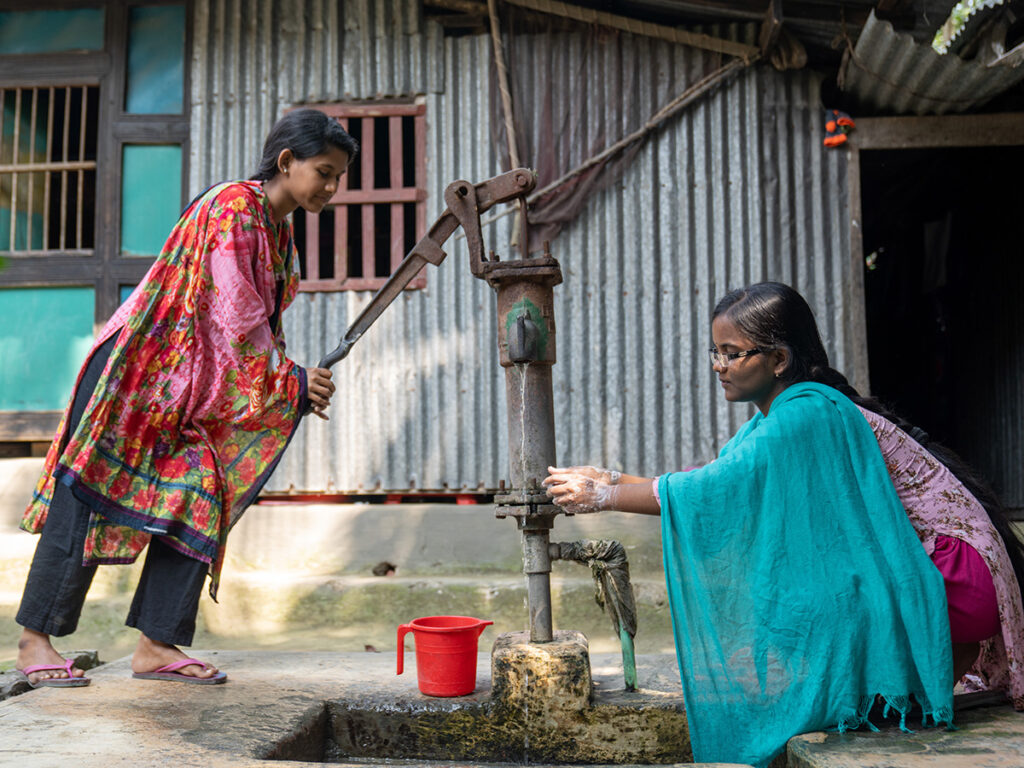
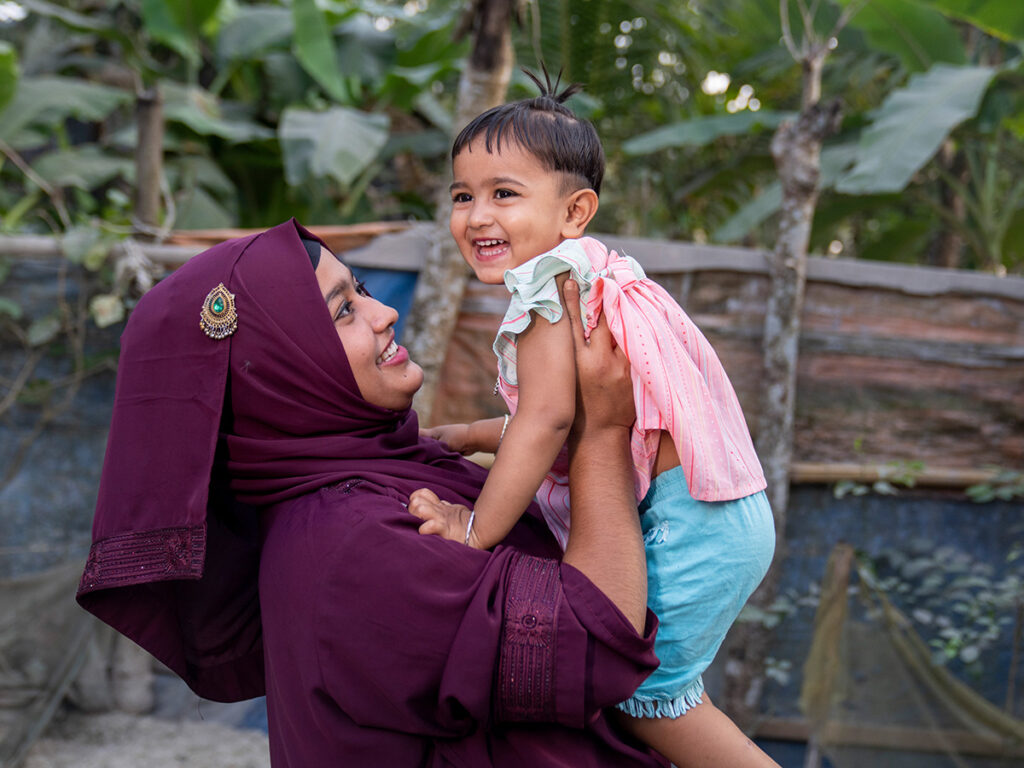
Looking forward
Thanks to the hard work last year the number of water networks has doubled. Additionally, new water quality meters have been installed at existing grids, ensuring the health of the users. This is backed up by data. There has not yet been a single case of waterborne diseases in the affiliated communities.
We are well on our way to achieving the goals of this project. By the end of 2026, we hope that a total of 130 water grids will have been built, which will provide 9,100 households consisting of 33,700 people with clean water. It will also create 148 jobs.
This year we are making a big effort to achieve these goals. 30 new water grids are planned to be built, doubling the number of people with a tap in their home. We will keep you informed of the progress!
.
Max Tapwater
In Bangladesh hebben 73 miljoen mensen nog geen toegang tot water in huis. Als gevolg daarvan besteden vooral vrouwen en meisjes zeker 2 uur per dag om water te halen. Dat water is vaak vervuild met diverse ziektes en ondervoeding als gevolg.
Onze missie in dit project is dus: makkelijk, veilig en betaalbaar water in huis. Dat gaan we op een ondernemende manier doen door het aanleggen van mini waternetwerken die zichzelf gaan terugverdienen. Zo krijgen we een vliegwieleffect!
You might want to read these updates too:
A school visit in Nepal
At the end of 2023, we were able to build a new water point at a secondary school in Nepal. 438 people are now supplied with clean water.
Read moreWater by women NEPAL: UPDATE
A lot of work has been done in Nepal. From constructing the water systems to ensuring a sustainable future for these water points, no stone has been left unturned. These efforts are much needed as…
Read more